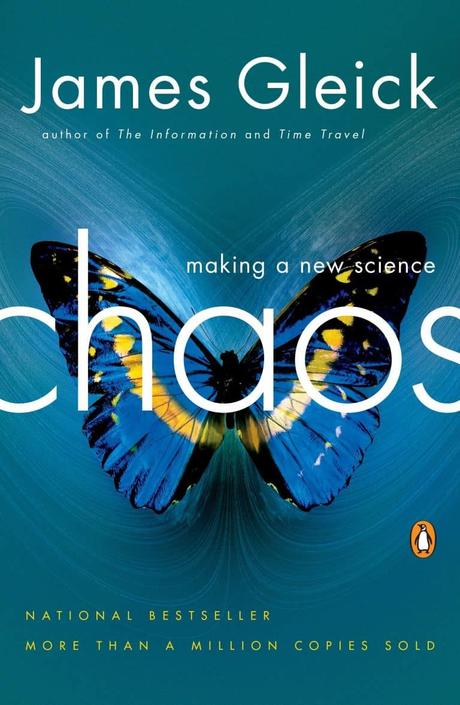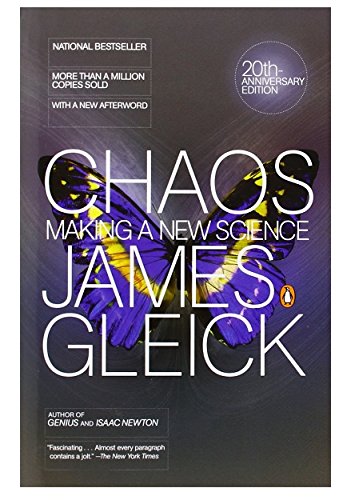


Whether the emergence of chaos is a revolution in Mr.

Kuhn said, hang on to familiar concepts for as long as they can, allowing a ''paradigm shift'' to take place only long after it should have become plain that the old concepts do not suffice. Word was used by Thomas Kuhn, the historian of science, to describe the fitfulness of the progress of science. He calls the emergence of the concept of chaos a revolution in the sense in which that On a framework of the brief history of the field, but it is also deliberately a fascinating illustration of how the pattern of science changes. His account is an explanation of chaos hung In an ambitious and largely successful essay in popularization, James Gleick, a science reporter for The New York Times, has written a taut andĮxciting account of how this now fashionable field of study has emerged within the past 20 years from a ragbag of unsolved and often shamefully neglected problems in science and mathematics. This has come about because of the development of the new field of applied mathematics called chaos.Ĭhaos, which may not sound like the obvious name of a branch of science, now has a sympathetic chronicler. Now, it would unashamedly say that the task is impossible. A few years ago, NOAA might have promised to do its best. National Oceanographic and Atmospheric Administration (NOAA) should forthwith produce accurate forecasts for the big day. 8, 1988? Those now making their pitches in Iowa and New Hampshire will think that a piece of information vital to their planning, and may be tempted to demand that the WHAT will the weather be in the United States next Presidential Election Day, Nov. Section 7, Column 1 Book Review Deskīy JOHN MADDOX John Maddox is the editor of Nature, the British scientific journal.ĬHAOS Making a New Science. October 25, 1987, Sunday, Late City Final Edition


 0 kommentar(er)
0 kommentar(er)
